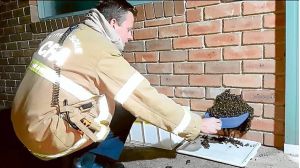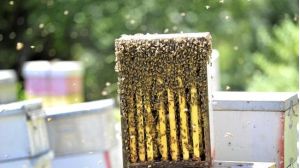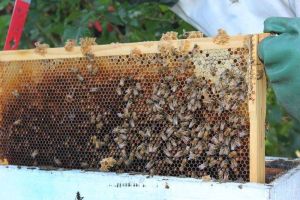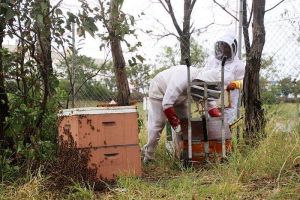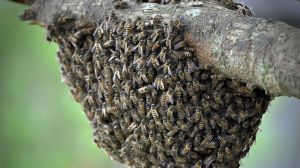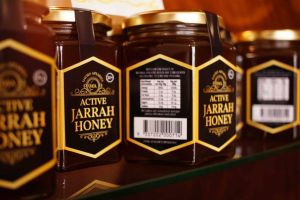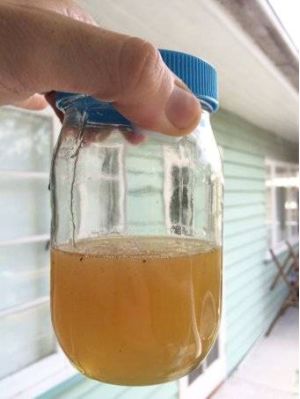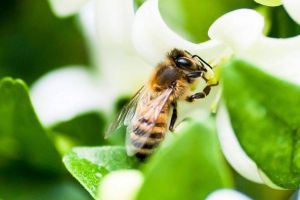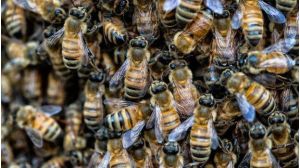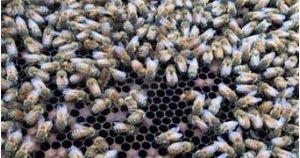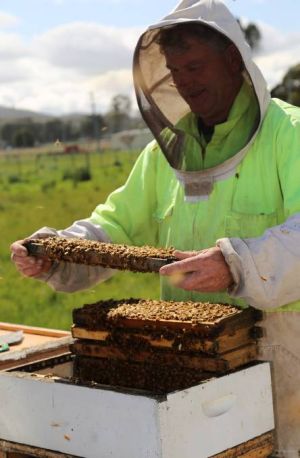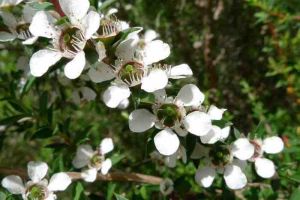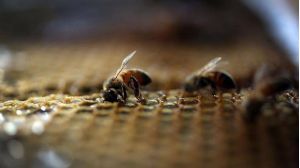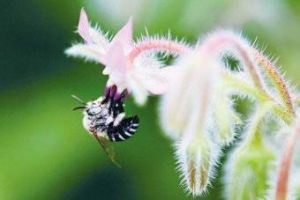Tel: 02 9731 7400 | Unit 1A, 1 Swaffham Road, Minto NSW 2566
Previous Articles
Stationed near the major ports of Australia's coastal cities are a group of closely monitored beehives designed to detect the varroa mite parasite that has the potential to decimate bee populations.
Surrounded by thousands of new cars, a coal loading plant, numerous shipping berths and smoke stacks in Port Kembla is a calm area of green space with one of Australia's most important hives
A council responsible for poisoning thousands of bees in Sydney’s east is facing backlash from the community, furious at its heavy-handed approach
RESEARCH involving the use of bee venom to treat breast cancer has landed a Willetton 23-year-old in the running for the WA Young Achiever Awards. Ciara Duffy is among four nominees for the awards living within the City of Canning. She is starting her third year of a PhD, supported by the Cancer Council WA, looking at the effects of honeybee venom as a potential treatment for aggressive breast cancer cells.
Western Australia is experiencing a new gold rush, but it has nothing to do with precious metals. It's liquid gold — honey sourced from the state's unique jarrah and other forests, rich in antimicrobial and other health giving properties.
Indigenous Australians have been harvesting food from the bush for thousands of years, and sugarbag honey from native Australian bees is a popular form of bush tucker.
Next time you are spreading honey on your crumpet have a think about how that sweet stuff, and its yellow and black creators, are affected by the environment around you.
A controversial pesticide allegedly linked to bee deaths will be pulled from Bunnings' shelves by the end of this year, a spokesman has confirmed.
The canned product Yates Confidor is a class of pesticide which some studies suggest affects bees' navigation and immune systems, resulting in colony death.
Bunnings made the decision in November last year to remove the product from its UK and Australian stores amid declining British bee populations, however admitted their decision was based on precautions rather than scientific evidence.
"There's a lot of conflicting science out there," a spokeswoman said, "we decided to err on the side of caution."
A regional Australian company behind a game-changing bio insecticide that is safe for bees and other beneficial insects has secured funding to ensure its production remains on home soil.
A proposal to explore the commercial effectiveness of bumblebees in our State must only go ahead if the risks to honey bees can be guaranteed not to exist.
On face value, finding another species to help with pollination of crops is a worthy and potentially necessary move.
Given the bumblebees exist in Tasmania, and we are told eradication is not feasible, using them to stimulate growth in the horticultural sector seems like the best way to go.
Manuka honey made by bees foraging on Australian native plants has antibacterial properties at least as powerful as the famous New Zealand variety, according to new research, but New Zealand producers are trying to trademark the name.
Researchers have found the medicinal properties of Australian manuka honey are just as powerful as that produced in New Zealand.
Bees are said to be responsible for one out of every three bites of food we eat. Honey is good but it’s the flowers they pollinate that makes bees essential to our lives.
Bee expert Doug Purdie says you don’t need to manage a bee-hive, you simply need to grow plants that bees like.

